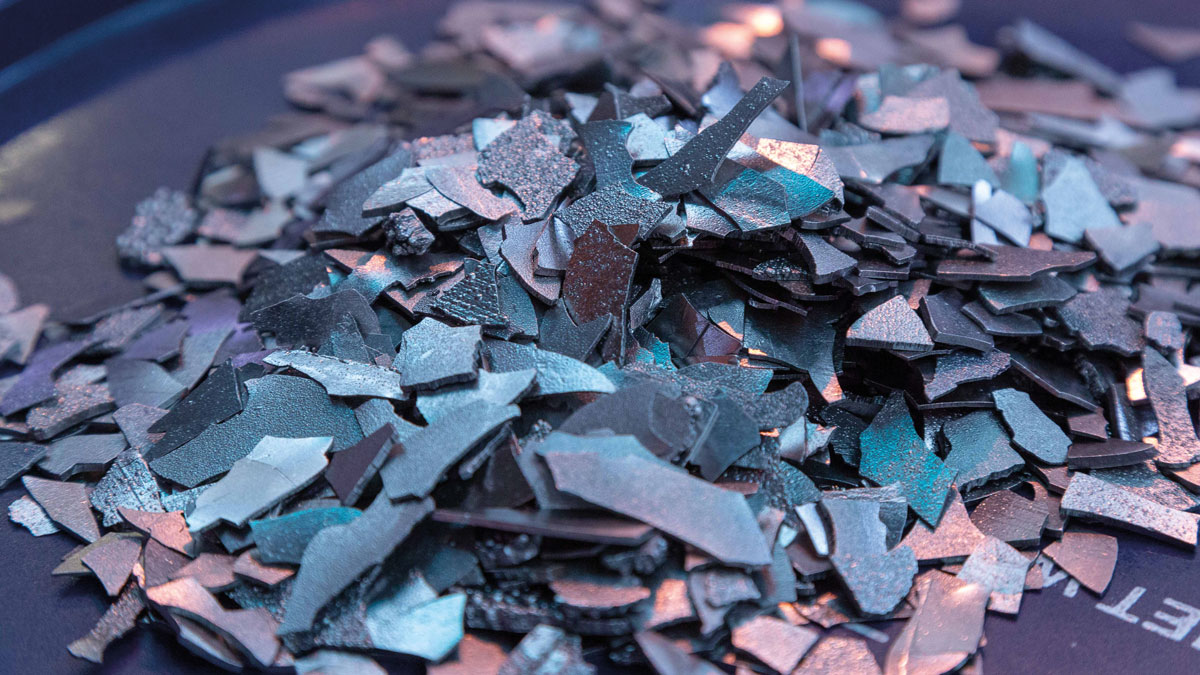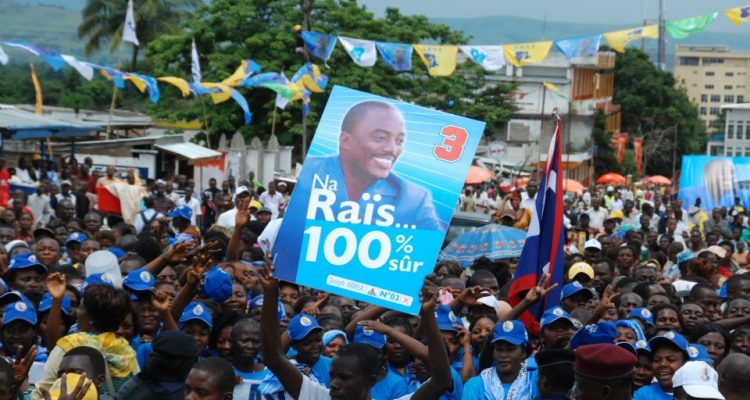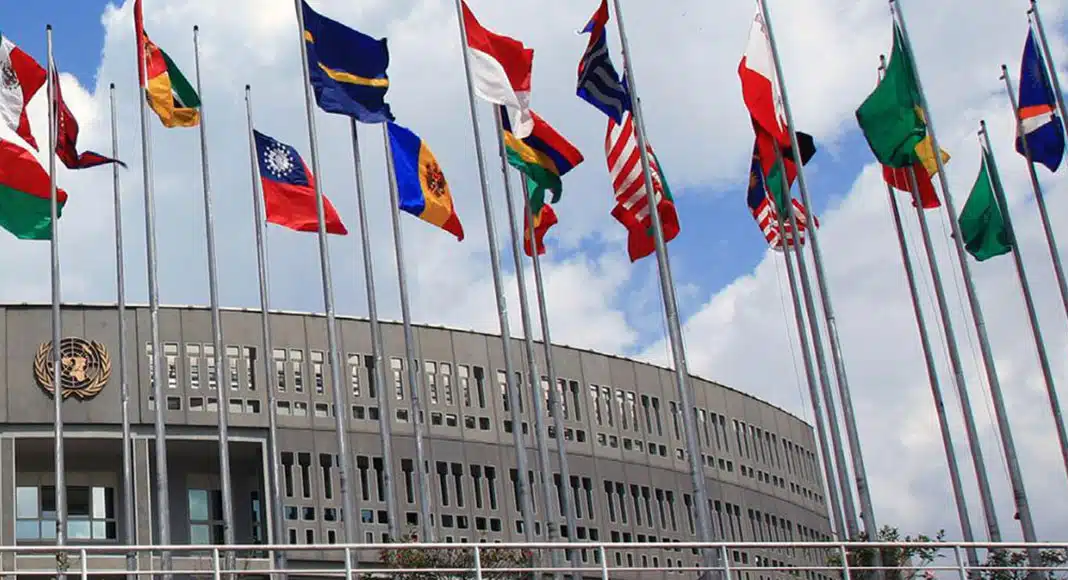Civil society groups in the Democratic Republic of Congo (DRC) are calling for a fresh review of the country’s mining agreement with Chinese companies, citing substantial financial losses and continued imbalances despite a 2024 renegotiation.
The “Congo Is Not For Sale” coalition (CNPAV) claims that the revised deal, originally signed in 2008 by the then-president Joseph Kabila’s government, continues to favor Chinese firms, costing the DRC an estimated $132 million in 2024 alone due to tax exemptions granted to the companies. The controversial Sino-Congolese contract, which gives Chinese companies control over lucrative copper and cobalt mines in exchange for infrastructure projects, was renegotiated in the so-called Sino-Congolese Convention, aiming to address perceived imbalances. However, critics argue that key issues remain unresolved, as the renegotiated contract had reportedly maintained a tax exemption of around $100 million.
The deal promises annual payments for road infrastructure, but these are dependent on fluctuating copper prices, leaving the DRC vulnerable to market volatility. If copper prices fall below $8,000 per tonne, “the state will receive less, or even nothing at all,” warns the NGO, while with any price increase above $12,000, the DRC will still be entitled to receiving the same $324 million. Furthermore, CNPAV points out that the DRC continues to lose millions due to tax and parafiscal exemptions that shield the Sino-Congolese agreement from the country’s mining tax regime. The group estimates that the DRC could lose up to $7.5 billion over the next 17 years unless these exemptions are addressed. Despite the government’s defense of the contract, which includes promises of new infrastructure, activists argue that many Chinese-built projects remain incomplete or subpar.



